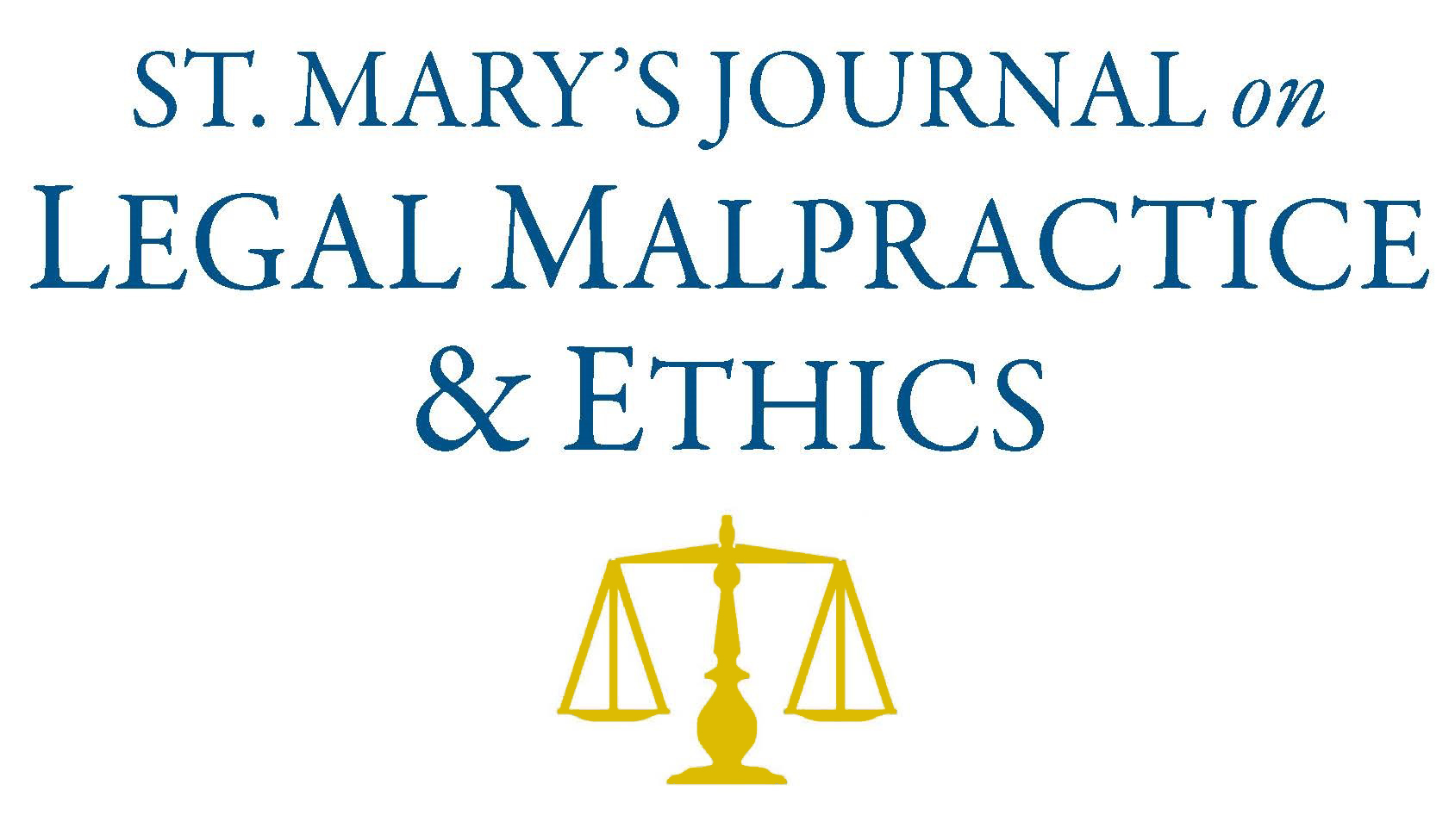
First Page
102
Date Created
1-2020
Publisher
St. Mary's University School of Law
Editor
Robert W. Derner
Last Page
142
Abstract
This comment explains how and when lawyer-to-lawyer consultations are permitted in the online world. In all lawyer-to-lawyer consultations, but especially with the online variety, a lawyer must avoid violating the principle of confidentiality when consulting other lawyers about client matters. While in-person lawyer-to-lawyer consultations have been commonplace in the legal profession for decades, the rise of listservs and social media networks has caused many lawyers to seek advice from colleagues on the Internet.
In considering online lawyer-to-lawyer consultations, there are two major issues. Firstly, a lawyer must determine whether the jurisdiction in which he or she practices permits online lawyer-to-lawyer consultations; while several jurisdictions that have addressed their use have answered in the affirmative, the associated ethical boundaries are not yet clearly drawn. Secondly, a lawyer must consider what types of information can be shared over the course of a lawyer-to-lawyer consultation—reviewing jurisdictions have indicated that a limited amount of client information can be shared, and the use of abstractions/generalities is encouraged to ensure that the attorney-client privilege is not inadvertently destroyed. This comment addresses the ethical limitations on what lawyers may share online for the purpose of advancing client interests; the authorities and arguments presented herein are timely, and will only become more important as the legal profession continues into the Internet age.
Recommended Citation
Robert Derner,
Ethical Limitations on Lawyer-to-Lawyer Online Consultations Regarding Pending Cases,
10
St. Mary's J. on Legal Malpractice & Ethics
102
(2020).
Available at:
https://commons.stmarytx.edu/lmej/vol10/iss1/8
Included in
Legal Ethics and Professional Responsibility Commons, Legal Profession Commons, Legal Remedies Commons, State and Local Government Law Commons

